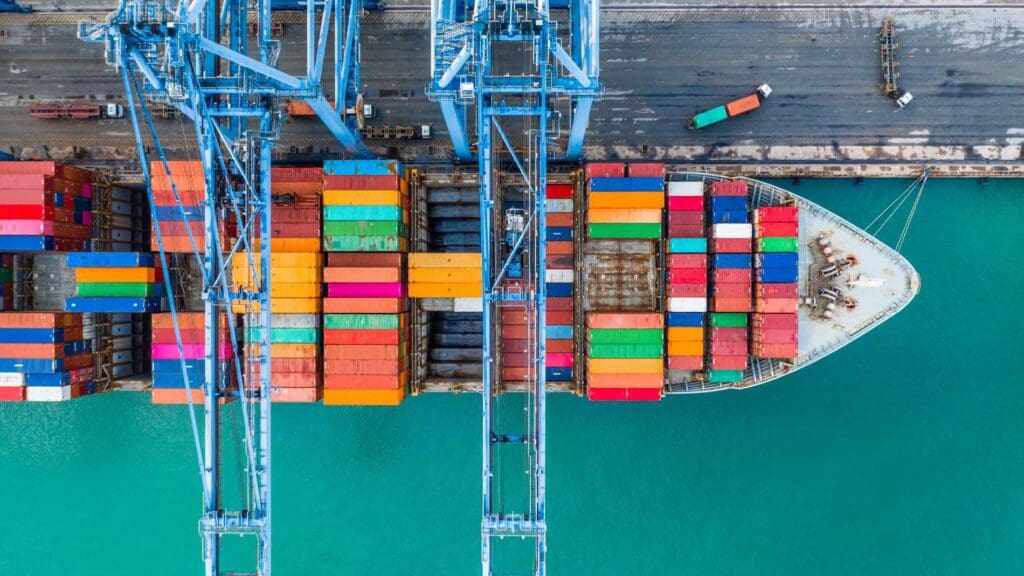In Continental Shipping Line Pte Ltd v Jonathan John Shipping Ltd [2025] SGCA 36, the Singapore Court of Appeal discharged a worldwide Mareva injunction, highlighting that Mareva injunctions, which freeze the assets and hamper the operations of the counter-party, are draconian in effect and often described as one of the “nuclear weapons” of civil litigation. It emphasised that such injunctions will be granted only in exceptional cases where there is clear or “solid” evidence supporting the existence of a real risk that the counter-party may dissipate its assets in a manner that would frustrate the execution of a prospective judgment or arbitral award against the counter-party. In determining whether such a real risk exists, a distinction ought to be drawn between dealings which are unjustified and dealings which can be said to be for legitimate commercial reasons. What constitutes a justified or unjustified dealing with assets must be assessed in the light of the specific circumstances of each defendant.
Continental Shipping Line Pte Ltd (“Continental“) had chartered the MV “Aegean Express” from her Owners, Jonathan John Shipping Ltd, to operate a liner service carrying its customers’ cargo between Singapore and Myanmar (as well as ports in between). When, inter alia, the Owners put the vessel into drydock and failed to re-deliver the vessel into service within time as it had promised, Continental held the Owners in repudiatory breach and terminated the charter. As Continental operated only one vessel, in the time that the Owners failed to re-deliver the vessel back into service, Continental lost its customers, who placed their cargo with other line operators. Continental had to cease its liner service for a time during which it had to market and re-secure sufficient cargo and slot arrangements before chartering another vessel. In the meantime, the Owners commenced arbitration to advance its claim for alleged wrongful termination of the charter, in which Continental counterclaimed damages for the Owners’ breach of charter.
Some eight months later, the Owners also applied to the Singapore High Court and obtained a worldwide Mareva injunction against Continental to prohibit the disposal of assets by Continental of a sum up to US$22,573,870.33. This was premised on the allegation that having ceased its liner service, Continental had ceased operations; its payments of staff salaries and rent were not to genuine employees or under a genuine rental agreement, and thus were suspicious acts of dissipation of assets. The owners also alleged that the foreign nationality of Continental’s sole director (a Myanmar national) supported a real risk of dissipation of assets to frustrate the execution of a potential award. Shortly after obtaining the Mareva injunction, the owners even wrote to Continental’s banks and stopped the disbursement of any monies from the accounts. The Owners also refused to permit the payment of legal fees by Continental to its lawyers. Over time, all of Continental’s employees resigned and its landlord re-possessed its office premises.
The Court of Appeal overturned the decision of the High Court granting the worldwide Mareva injunction, and held that the injunction should not have been granted in the first place. The Court of Appeal found as follows:
- Where a company had ceased operations, that in itself was insufficient to demonstrate a real risk of dissipation – it is only where a company ceases business by selling its only asset for no sufficient reason that a real risk of dissipation may be inferred.
- There had been no suspicious or unjustified changes in corporate structure or dealings with the assets by Continental.
- Noting that it was the owners who initiated the withdrawal of the vessel for dry docking and had not returned her for service, Continental had a genuine commercial reason to cease its primary business until it could resume its liner operations when the situation improved in the future, and thus retain and pay its employees and office premises.
- Continental’s assets, being liquid in nature (comprising cash that could be easily dissipated), was at best a neutral factor and unremarkable since its business involved the chartering and operation of a single vessel.
- The withdrawals from Continental’s bank accounts to pay salaries and rental were indeed genuine and legitimate expenses in the ordinary course of business, and did not constitute any dissipation of assets to frustrate execution of any potential award.
- The mere fact that a company or its director was foreign is not in itself a valid ground for inferring a real risk of dissipation. The Owners were akin to clutching at straws when arguing that Continental’s sole director, being a Myanmar national, supported an inference of a real risk of dissipation of assets.
- By contending that Continental must cease operations and all expenses when it ceased its liner service, the Owners sought to use the Mareva injunction to obtain security (in this case over the funds in Continental’s bank accounts) for its claim, which is not what the Mareva injunction is meant for.
Concluding that there was simply no evidence of any risk of dissipation of assets to frustrate any potential award, the Court of Appeal discharged the Mareva injunction and ordered the owners to pay costs of S$50,000. More importantly, the Court of Appeal ordered an inquiry into damages sustained by Continental that the Owners are to pay in accordance with its undertakings given to the Court for the grant of the Mareva injunction.
This judgment reinforces the importance of proper assessment and evaluation of evidence when seeking the grant of a Mareva injunction. While any payment from a bank account would dissipate the funds in that account, the test is whether there is clear evidence supporting the existence of a real risk that the counterparty may dissipate its assets in a manner that would frustrate the execution of a prospective judgment or arbitral award.
Continental was successfully represented by Winston Kwek from the Shipping & International Trade Practice.
Disclaimer
Rajah & Tann Asia is a network of member firms with local legal practices in Cambodia, Indonesia, Lao PDR, Malaysia, Myanmar, the Philippines, Singapore, Thailand and Vietnam. Our Asian network also includes our regional office in China as well as regional desks focused on Brunei, Japan and South Asia. Member firms are independently constituted and regulated in accordance with relevant local requirements.
The contents of this publication are owned by Rajah & Tann Asia together with each of its member firms and are subject to all relevant protection (including but not limited to copyright protection) under the laws of each of the countries where the member firm operates and, through international treaties, other countries. No part of this publication may be reproduced, licensed, sold, published, transmitted, modified, adapted, publicly displayed, broadcast (including storage in any medium by electronic means whether or not transiently for any purpose save as permitted herein) without the prior written permission of Rajah & Tann Asia or its respective member firms.
Please note also that whilst the information in this publication is correct to the best of our knowledge and belief at the time of writing, it is only intended to provide a general guide to the subject matter and should not be treated as legal advice or a substitute for specific professional advice for any particular course of action as such information may not suit your specific business and operational requirements. You should seek legal advice for your specific situation. In addition, the information in this publication does not create any relationship, whether legally binding or otherwise. Rajah & Tann Asia and its member firms do not accept, and fully disclaim, responsibility for any loss or damage which may result from accessing or relying on the information in this publication.









